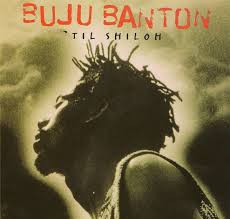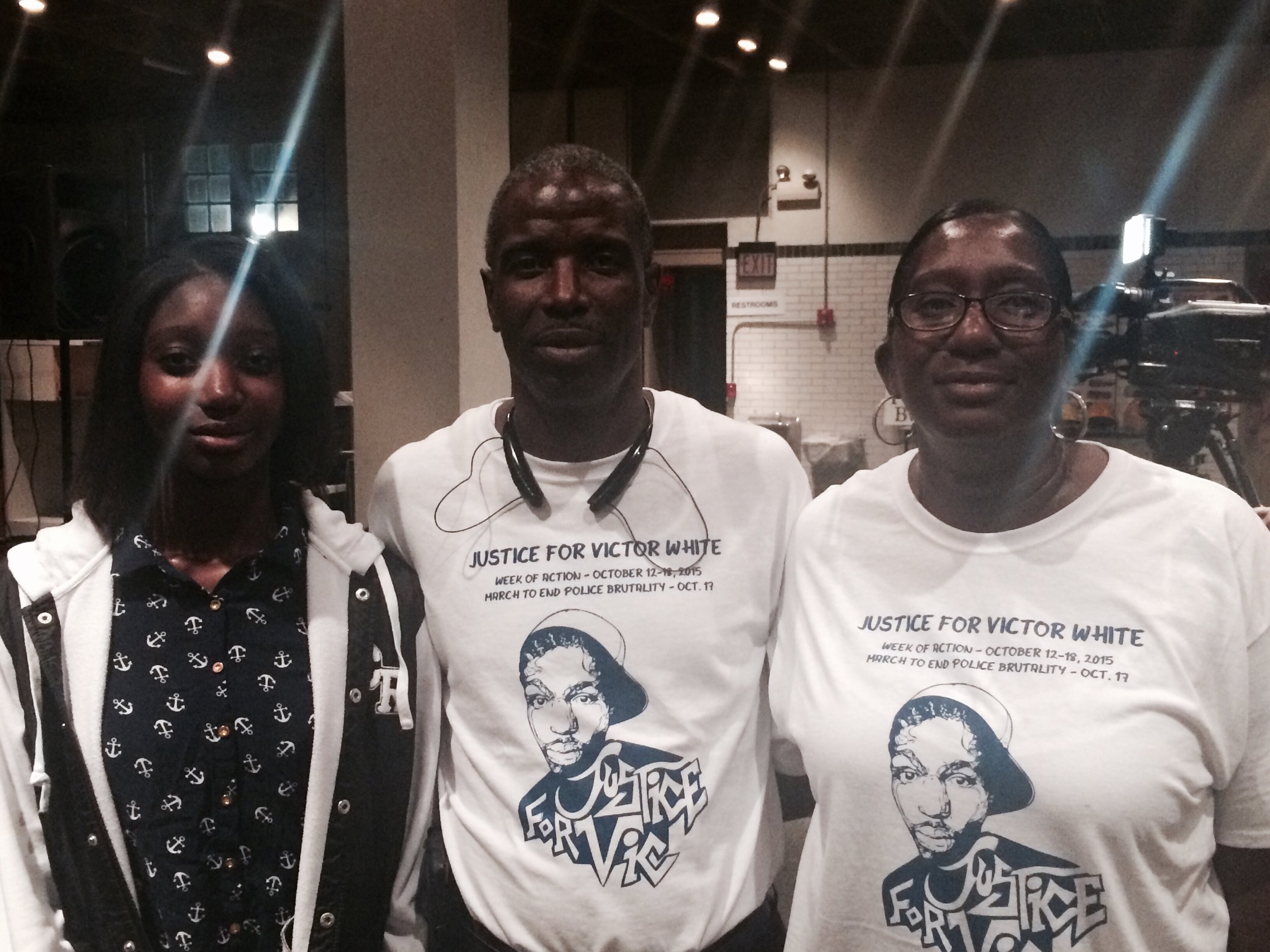 Song: Wanna Be LovedArtist: Buju BantonAlbum: 'Til ShilohReleased: July 18, 1995. Loose Cannon Records, Island RecordsWriter(s): Browne, Haldane Way. Kelly, Dave. Lindo, Hopeton St. Aubin. Myrie, Mark Anthony[audio mp3="https://blackloveproject.files.wordpress.com/2015/10/buju-banton-wanna-be-loved.mp3"][/audio]
Song: Wanna Be LovedArtist: Buju BantonAlbum: 'Til ShilohReleased: July 18, 1995. Loose Cannon Records, Island RecordsWriter(s): Browne, Haldane Way. Kelly, Dave. Lindo, Hopeton St. Aubin. Myrie, Mark Anthony[audio mp3="https://blackloveproject.files.wordpress.com/2015/10/buju-banton-wanna-be-loved.mp3"][/audio]
I wanna be loved, not for who you think I am, not what you want me to be, could you love me for me?Because I am a woman who feels things deeply, a lot of my love stories begin with a feeling. An immense feeling of connection with another. It usually starts in the pit of my stomach and travels through my body, a warm heat that forces itself out of my mouth in the form of the words, "I love you." My most recent connection ended almost as quickly as it began and was comprised of two lost people who had an idea of what love is, but never tasted nor witnessed it develop. People we love come into our lives as lessons or chances at growth, so I thank him for allowing me to understand a more pragmatic approach when it comes to matters of the heart. I thank him for teaching me to follow both head and heart. Through this, I am examining how I need to be loved. For a very long time, I accepted the love given to me. There was always the hesitancy to demand more affection or communication for fear of pushing them away. I am also learning to not let resentment build until my needs fall out of my mouth in hurt masked as anger.I tend to attract creative men and with that comes the burden of becoming their muse. They often do not take the time to know the real me, but rather the parts of me that enhance their artistic endeavors. Allowing myself to become a muse overshadowed my ability to know myself independently and outside of who I was in relation to men. My first loves were creative men, so I've had to do some slight work to untangle myself from the experience of loving men who are more in love with the idea of you than the real you.As women, we are often taught to keep our emotions stifled so as to not run men away; do not nag, do not complain. But staying silent while you are being loved incorrectly is damaging to yourself. As I grow in my womanhood, I understand that it is important to demand the love you need. If a person cannot learn to love you the way you need, then they are not the lover meant for you. It is better to be by yourself, you are the only person who can love yourself wholly. There is nothing lonelier than being in a relationship with someone who does not rise to the occasion to love you. There is nothing lonelier than to love a selfish person. I Buju Banton need it desperately.'Til Shiloh is perhaps one of the greatest albums to exist. What strikes me the most about the album is the writing and raw delivery of Buju Banton's poetry. Buju's writing is simple and it is through this simplicity that he is able to get across very important messages of knowing oneself in order to survive. When we discuss matters of love, the topic of surviving love often arises. Wanna Be Loved is something of a guideline on self respect while on a quest for true companionship. The visual for the song follows a young dread who walks through various scenes where he is rejected and finally comes across a place where he is met with acceptance. The song and visual are telling us that in order to find your tribe, to find the people with whom you belong, you must first love and know yourself. We all want to belong and it is a beautiful thing to be accepted, but this song enforces the necessity of belonging to those who love you for all that you are. If they are not able to, let them be. Buju writes, "Woman, if it means contention, I'd rather be alone." and this is perhaps the greatest lesson I've taken from the song. So often, we barter ourselves for what people choose to give us and this is what we call love. We would rather be with someone who has their foot half in, because it is better than being alone; but this is only true if we are not comfortable with our own company. Buju's writing says a lot about the power in knowing oneself and how that aides us in successfully loving others. Show me you care upfront and boldly, don't shun my feelings. Learning to be comfortable with yourself means to be open with your flaws and your better traits. Forgiving yourself for the things you believe to be negative and working to improve those things, meanwhile maintaining humility in your positive traits. This means understanding yourself holistically and how your strengths and weakness relate in matters of love and relationships. Loving yourself means understanding how you need to be loved, to receive the love you deserve and shun the love that does not deserve you. Wanna Be Loved reads as a checklist of things Buju needs in order to feel a complete love, which led me to consider the things I need in companionship. I need a partner who will be open to my emotions, because I have many. I need a partner who is spiritual and has a deep connection to God. I need a partner who is able to teach me things that I've yet to discover and who is open to learning from me. Communication, loyalty, honesty and tenderness; these are the things I need in order to be a better partner to someone. These are the things that I've often forfeited for the sake of maintaining some kind of connection and things that are no longer negotiable at the sake of my emotional health and self-respect. Let's Discuss: How do you want to be loved and how do you request that love from your partner?
 I was recently asked to be the Poetry Slam Coach for the Baton Rouge Youth Coalition, a non-profit that works with high achieving, low-income high school students, preparing them to succeed in their collegiate careers. I will be working with local young poets and coaching them on their writing and performance, at the end of the season our goal is to compete in All City, a nationwide poetry slam for teen poets.Out of this opportunity also comes something I've envisioned for a while and I'm pleased to announce that Black Love Project will be working with the Baton Rouge Youth Coalition in facilitating Griot, a creative writing workshop. The workshop is a safe space for the kids to learn and discuss music, artists and socio-political statements of the African Diaspora. They will also be able to explore and express themselves creatively. Since a goal of Black Love Project is to gather black stories from black storytellers, these workshops will be filmed in order to give light and a voice to the young, gifted and black students of Baton Rouge.Griot will be held every Saturday morning at 460 North 11th Street. Baton Rouge, Louisiana 70816If you'd like more information or know of any youth who may benefit from the Baton Rouge Youth Coalition or Griot, please contact me directly: blackloveprjct@gmail.com
I was recently asked to be the Poetry Slam Coach for the Baton Rouge Youth Coalition, a non-profit that works with high achieving, low-income high school students, preparing them to succeed in their collegiate careers. I will be working with local young poets and coaching them on their writing and performance, at the end of the season our goal is to compete in All City, a nationwide poetry slam for teen poets.Out of this opportunity also comes something I've envisioned for a while and I'm pleased to announce that Black Love Project will be working with the Baton Rouge Youth Coalition in facilitating Griot, a creative writing workshop. The workshop is a safe space for the kids to learn and discuss music, artists and socio-political statements of the African Diaspora. They will also be able to explore and express themselves creatively. Since a goal of Black Love Project is to gather black stories from black storytellers, these workshops will be filmed in order to give light and a voice to the young, gifted and black students of Baton Rouge.Griot will be held every Saturday morning at 460 North 11th Street. Baton Rouge, Louisiana 70816If you'd like more information or know of any youth who may benefit from the Baton Rouge Youth Coalition or Griot, please contact me directly: blackloveprjct@gmail.com



